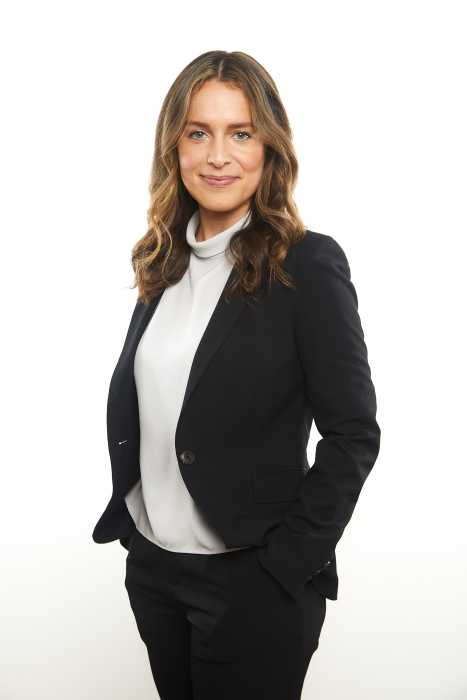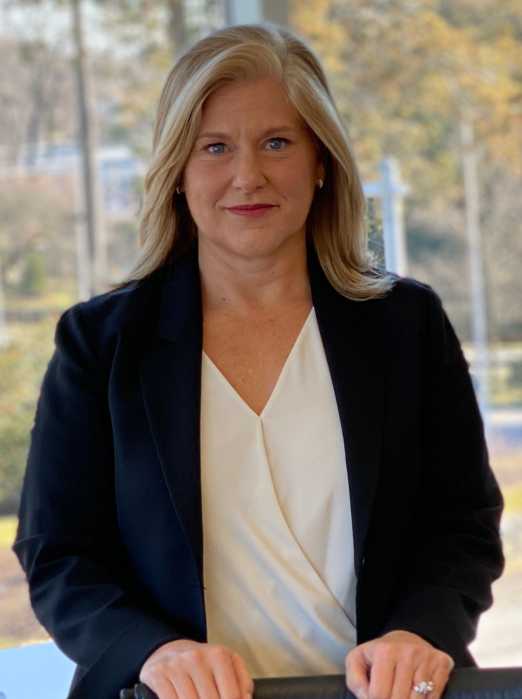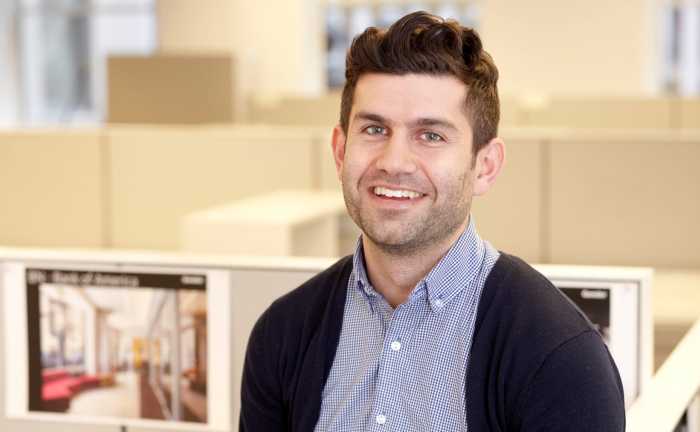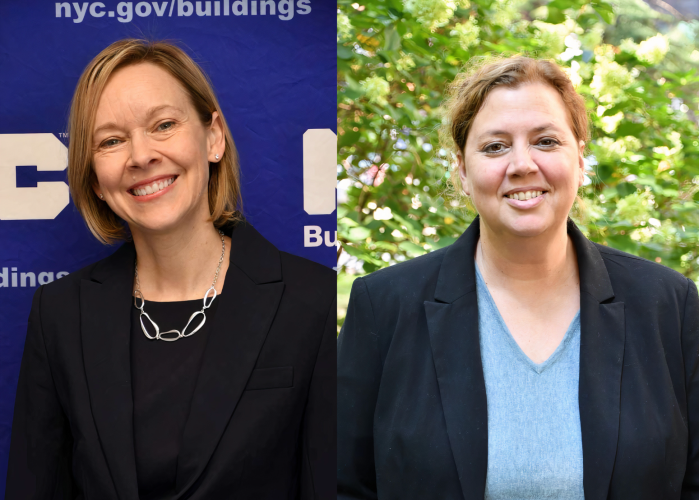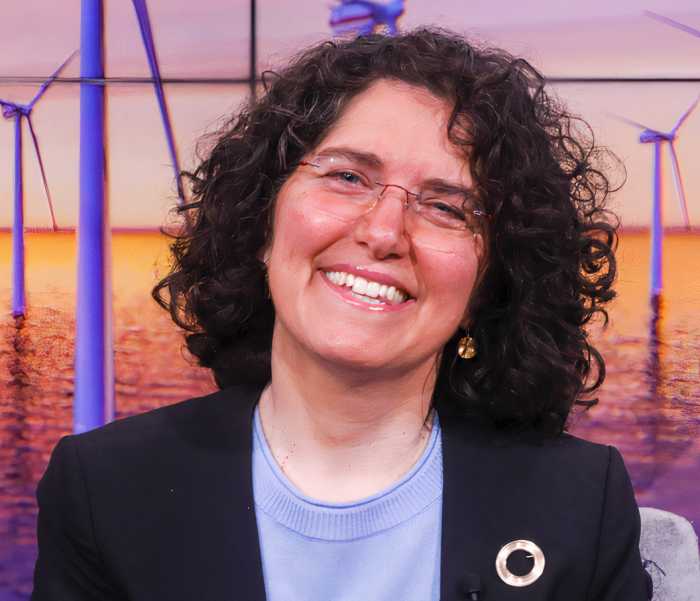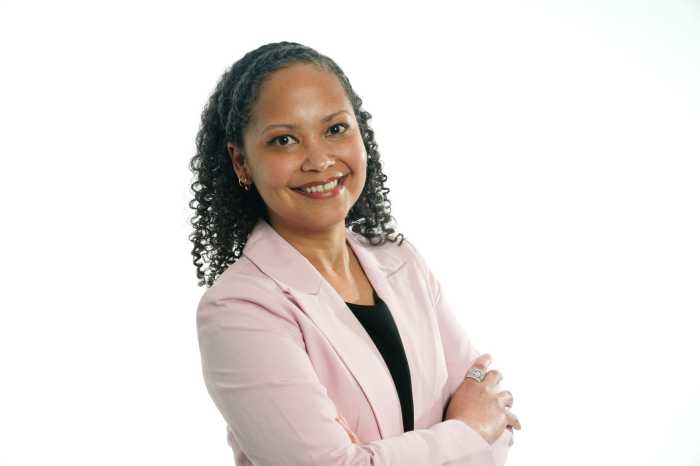Zoe is responsible for the management and optimization of CleanCapital’s fleet of clean energy assets; she also oversees corporate operations. Previously, Zoe managed the federal clean air program and assisted with UN climate conferences for the Business Council for Sustainable Energy (BCSE). Prior to BCSE, Zoe worked at the White House Council on Environmental Quality (CEQ) in the Office of Federal Sustainability. She is a CELI Fellow and a WRISE Committee Co-Chair.
What does sustainability mean to you?
To build sustainability in business, in our community, and in our personal lives, we need to understand our impact on the ecosystems in which we live. Equally important is rethinking our concept of collective action – because individual action can also be a catalyst of change for an improved future. Large scale clean energy initiatives at the Federal and state level are important, but sustainability should become a part of our daily lives and habits.
Is there one major climate issue your organization is looking to tackle?
We focus on advocating for sound environmental policy, which speeds the energy transition to sustainable energy generation. Harnessing the power of private industry buy-in and innovation to bring more renewables onto the grid fuels both our work at CleanCapital and our commitment to reducing our carbon footprint. By leveraging strategic investments in early-stage renewables projects, developers and emerging markets, we continue to lead the energy transition and lessen the impacts of the climate crisis.
What is one thing everyone can do to help protect the environment?
Promoting renewable energy policy locally is one of the most impactful actions one can take towards a greener future. For instance, understanding what laws are being considered by your city council or state government might assist in the development of clean energy infrastructure in your community. Collaborating with local businesses, schools and neighbors to let your representatives know that you value clean energy options can have a substantial impact on the decisions of these leaders.
What steps are your organization taking to ensure a sustainable future?
As an organization, CleanCapital is committed to building a sustainable future by cultivating diversity, inclusion and community within the renewables industry. Specifically, we focus on the development and success of women in clean energy. Our leadership team is 60% female and our 50+ employee team is made up of nearly 50% women. This is record-breaking in the renewables industry, in which women hold less than a third of jobs and even fewer leadership roles.


